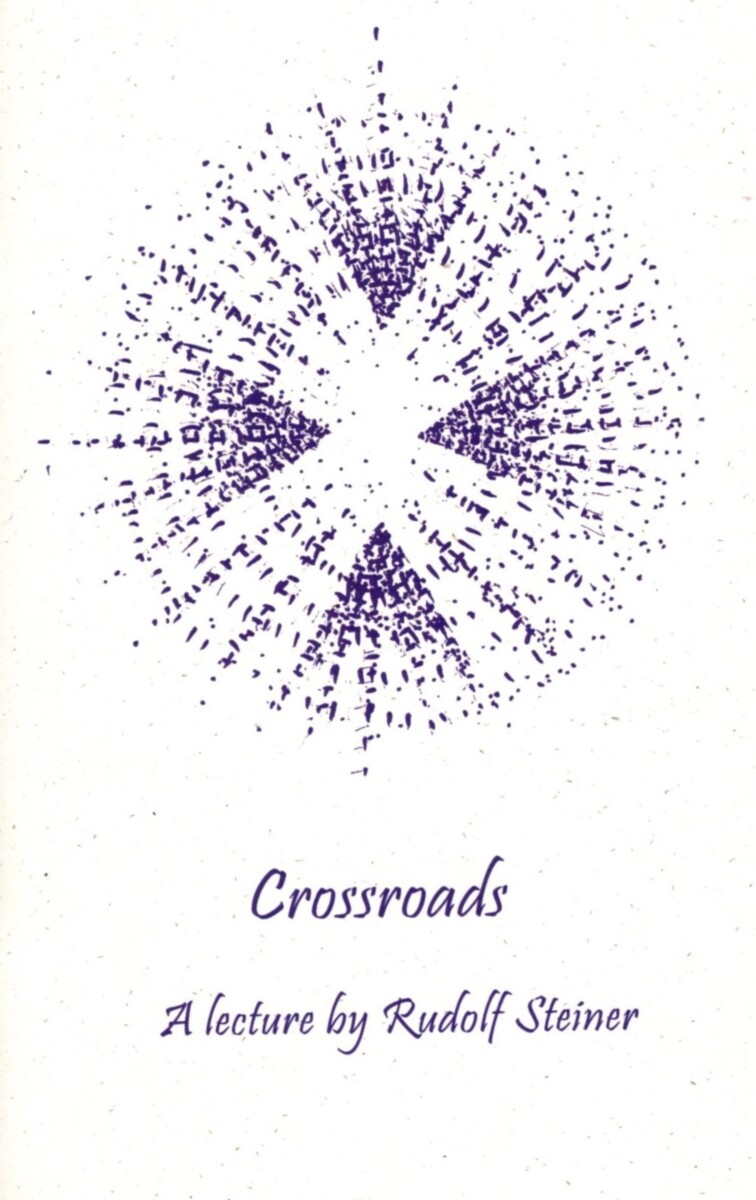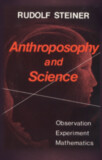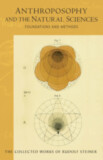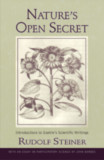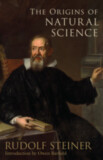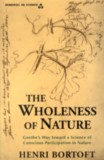- Publisher
Mercury Press - Published
1st October 2020 - ISBN 9781935136293
- Language English
- Pages 24 pp.
- Size 5.5" x 8.5"
1 lecture, Berlin, October 17, 1907 (CW 56)
In this lecture of 1907—"Natural Science at the Crossroads,” Rudolf Steiner outlines in detail the development of natural science and highlights its vital achievements, but emphasizing the tragic error of its materialistic interpretation of reality.
The publication of this lecture is timely and speaks to all who are concerned that the future of human civilization depends on blazing a middle path that affirms the essential contribution of science at a time when it is under attack by anti-science rhetoric and policies. At the same time, the book clarifies where and how the inherent limitations of natural science call for broadening and fostering Rudolf Steiner’s spiritual science.
This volume is a translation of one lecture from Die Erkenntnis der Seele und des Geistes (GA 56).
Rudolf Steiner
Rudolf Steiner (b. Rudolf Joseph Lorenz Steiner, 1861–1925) was born in the small village of Kraljevec, Austro-Hungarian Empire (now in Croatia), where he grew up. As a young man, he lived in Weimar and Berlin, where he became a well-published scientific, literary, and philosophical scholar, known especially for his work with Goethe’s scientific writings. Steiner termed his spiritual philosophy anthroposophy, meaning “wisdom of the human being.” As an exceptionally developed seer, he based his work on direct knowledge and perception of spiritual dimensions. He initiated a modern, universal “spiritual science” that is accessible to anyone willing to exercise clear and unbiased thinking. From his spiritual investigations, Steiner provided suggestions for the renewal of numerous activities, including education (general and for special needs), agriculture, medicine, economics, architecture, science, philosophy, Christianity, and the arts. There are currently thousands of schools, clinics, farms, and initiatives in other fields that involve practical work based on the principles Steiner developed. His many published works feature his research into the spiritual nature of human beings, the evolution of the world and humanity, and methods for personal development. He wrote some thirty books and delivered more than six thousand lectures throughout much of Europe. In 1924, Steiner founded the General Anthroposophical Society, which today has branches around the world.


